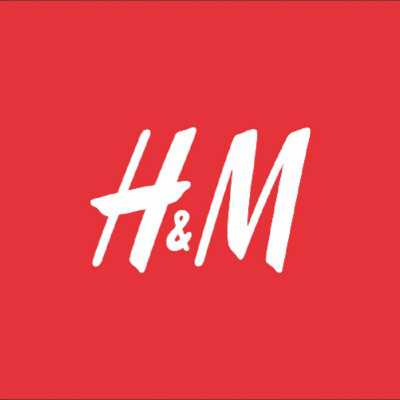H&M involves its garment suppliers’ rescue

Collected
Swedish retail huge H&M yesterday assured its garment suppliers of taking shipment of goods that have already been manufactured, many to the relief of some Bangladeshi exporters.
H&M developed the message at a time when apparel suppliers across the world, including those from Bangladesh, are being slammed by work order cancellations and delayed shipments.
"We will the stand by position our commitments to your garment making suppliers by firmly taking delivery of the previously produced garments as well as goods in development," explained H&M in a mass media message.
The Swedish company did not mention any particular supplier from any particular country.
H&M sources garment and textile items worthy of nearly $4 billion from a lot more than 230 Bangladeshi factories annually, according to industry insiders.
"We will, of program, pay for these goods and we'll do it under agreed repayment terms. Furthermore, we won't negotiate prices on currently positioned orders," H&M said.
At this point, it's important to temporarily pause new orders as well as evaluate potential improvements on recently put orders.
"We will start positioning orders again when the situation enables," H&M added.
Meanwhile, by 5pm yesterday, 1,025 factories reported cancellation of 864.17 million units of work orders worth $2.81 billion, according to the Bangladesh Garment Manufacturers and Exporters Association (BGMEA).
H&M says it really is well aware that the suppliers, and their workers, are really vulnerable in this situation.
"Granted the constantly changing circumstances and the uncertainty that people, the industry and the whole world are facing, you want to be sharp and transparent towards our garment suppliers."
The complete fashion industry now faces its biggest challenge ever, in line with the Swedish company.
"And we utilise all our networks and contacts to find solutions that may contribute in the best possible way."
Companies such as for example H&M play a key role in many developing countries, in addition to global trade. The textile industry contributes to monetary growth, employment and balance in textile producing countries.
"We are in this example intensively investigating how we can support countries, societies and people from a health insurance and financial point of view. In this primary urgent period, we will target our efforts on countries that will be highly reliant on the textile sector," the retailer added.
Meanwhile, the BGMEA ideas to create at least 20,000 personal protective devices (PPE), which is donated.
"What we are making is an alternative of Level-1 PPE," it said in a good WhatsApp message.
Doctors and personnel treating COVID-19 individuals need level 3/4.
Source: https://www.thedailystar.net
Tags :
Previous Story
- BGMEA seeks interest-free loan for 6 months
- BGMEA urges Germany to inspire its buyers to...
- RMG industry faces existential threat
- BGMEA need uncommon budgetary help to hold clothing...
- Bangladesh's key garments sector hits a wall with...
- BGMEA seeks BB’s spl assistance scheme to handle...
- In China coronavirus clouds, there may be a...
- Fashion United's report refers to misdirecting figures on...